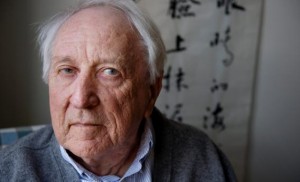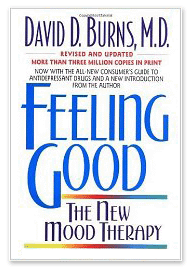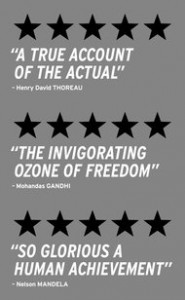 Harvard evolutionary psychologist and linguist Steven Pinker has always been deeply curious about how humans work. In a series of best-selling books, he has argued that our mental faculties — from emotions to decision-making to visual cognition — were forged by natural selection.
Harvard evolutionary psychologist and linguist Steven Pinker has always been deeply curious about how humans work. In a series of best-selling books, he has argued that our mental faculties — from emotions to decision-making to visual cognition — were forged by natural selection.
In his newest book, The Better Angels of Our Nature, Pinker investigates one of the most primal apects of life: Violence. He argues that violence has fallen drastically over thousands of years — whether one considers homicide rates, war casualties as a percentage of national populations, or other measures.
 Wild Geese
Wild Geese


 Are you in the middle of a dispute – personal or professional?
Are you in the middle of a dispute – personal or professional? The one thing that separates those of us who feel a strong sense of belonging and connection from those of us who don’t is the ability to be authentic, to stop pretending, to accept uncertainty, and to allow ourselves to be deeply seen — with all our imperfections.
The one thing that separates those of us who feel a strong sense of belonging and connection from those of us who don’t is the ability to be authentic, to stop pretending, to accept uncertainty, and to allow ourselves to be deeply seen — with all our imperfections.